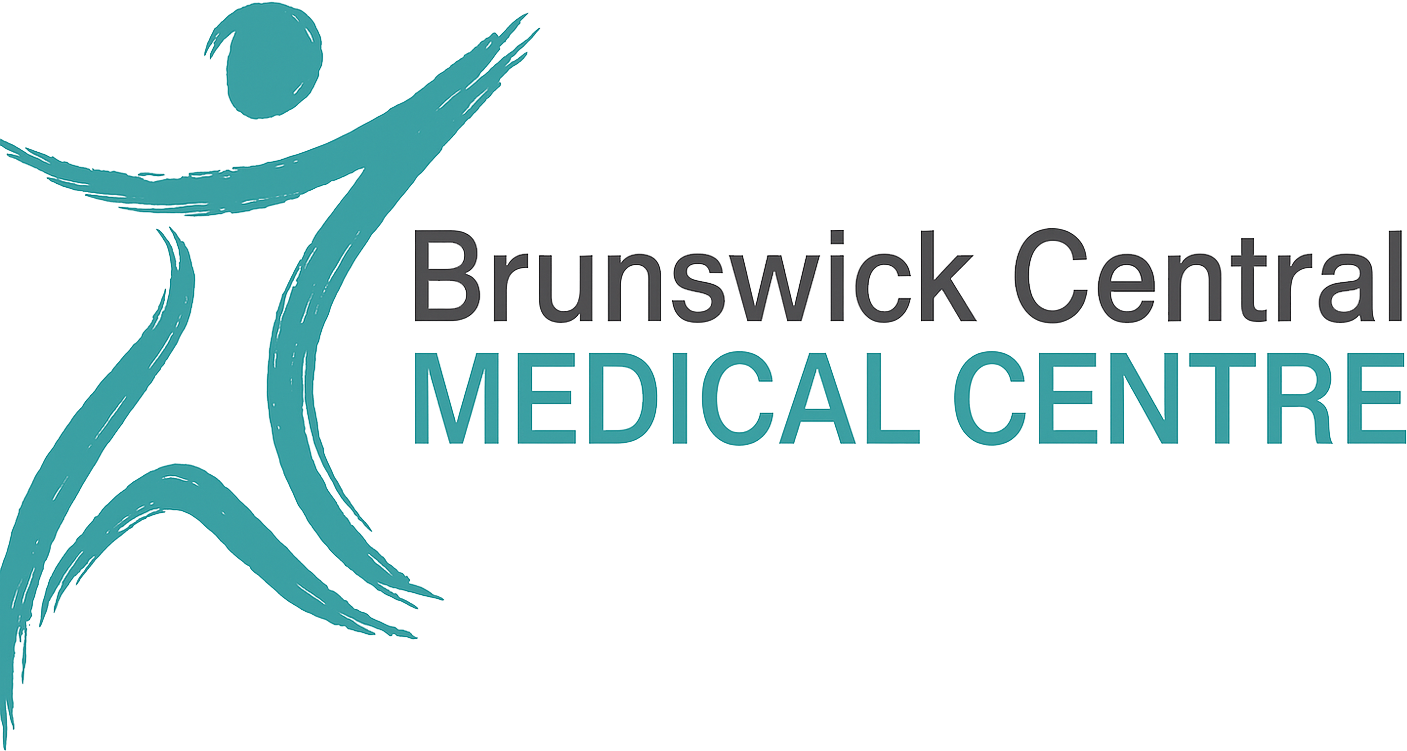
Most of us feel tired from time to time, especially after busy days or sleepless nights. But ongoing fatigue is different. It is a persistent sense of exhaustion that doesn’t improve with rest and can affect your daily life, motivation, and concentration. Recognising when it’s time to see a GP is important because fatigue can be linked to lifestyle factors, mental health, or underlying medical conditions.
This article will help you understand common causes of fatigue, when medical care is recommended, and what you can expect when you visit a Brunswick West GP.
What Is Ongoing Fatigue?
Fatigue is more than just feeling tired. It is a prolonged lack of energy that interferes with normal activities. You may notice:
- Difficulty focusing on tasks
- Reduced productivity at work or school
- Lack of motivation for social or physical activities
- Feeling unrefreshed even after sleep
Unlike short-term tiredness, ongoing fatigue can continue for weeks or even months.
Common Causes of Ongoing Fatigue
Fatigue can arise from many different areas of health. Some of the more common causes include:
Lifestyle-Related Causes
- Poor sleep patterns
- Excessive caffeine, alcohol, or screen use
- Lack of regular exercise
- Poor diet or dehydration
Medical Conditions
- Thyroid disorders
- Anaemia and iron deficiency
- Chronic infections
- Sleep apnoea
- Heart or lung conditions
Mental Health Factors
- Stress
- Anxiety
- Depression
- Burnout from work or caregiving responsibilities
Because fatigue has so many possible triggers, it’s important to have it assessed rather than ignoring it.
When Should You See a GP?
You should consider booking a GP appointment if your fatigue:
- Lasts longer than two weeks with no improvement
- Is getting worse despite rest and self-care
- Is accompanied by symptoms such as weight changes, fever, unexplained pain, or shortness of breath
- Interferes with your ability to carry out work or daily responsibilities
If fatigue suddenly develops alongside chest pain, dizziness, or difficulty breathing, seek urgent medical attention.
What to Expect at Your GP Appointment
When you see a GP for fatigue, they will take a detailed history and may ask about:
- Your sleep habits and daily routine
- Diet and exercise levels
- Current medications
- Stress and mental health
Depending on your symptoms, your GP may recommend:
- A physical examination
- Blood tests to check iron, thyroid, or vitamin levels
- Screening for conditions such as diabetes or sleep apnoea
- Referral to allied health or specialists if needed
Local Support for Ongoing Fatigue
If you are struggling with ongoing tiredness, your local Brunswick West GP can help identify the cause and guide you to appropriate care. Sometimes fatigue is linked to long-term health conditions that require coordinated treatment, in which case chronic disease management support may also be beneficial.
Taking the First Step
Fatigue that persists is not something you need to push through on your own. By speaking with a doctor, you can find out whether it’s a lifestyle issue, a medical condition, or a combination of both. Early assessment means you can start making changes that restore your energy and improve your quality of life.
The team at Brunswick Central Medical Centre is here to support you with compassionate, thorough care tailored to your needs.
Disclaimer: The information provided in this blog is for general educational purposes only and should not be taken as medical advice. It is not a substitute for professional diagnosis, treatment, or care. Always seek the guidance of your doctor or other qualified healthcare professional with any questions you may have regarding your health or medical condition.
